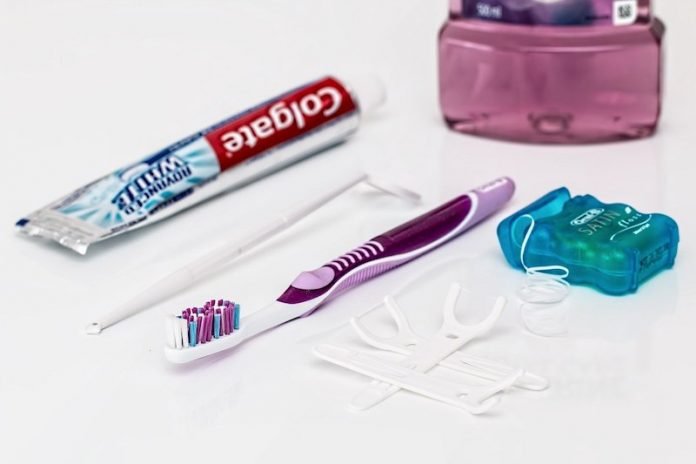
In a recent study at Penn State College of Medicine, researchers found that certain oral antiseptics and mouthwashes may have the ability to inactivate human coronaviruses.
The results suggest that some of these products might be useful for reducing the viral load, or amount of virus, in the mouth after infection and may help to reduce the spread of SARS-CoV-2, the coronavirus that causes COVID-19.
The study is published in the Journal of Medical Virology. One author is Craig Meyers.
In the study, the team tested several oral and nasopharyngeal rinses in a laboratory setting for their ability to inactivate human coronaviruses, which are similar in structure to SARS-CoV-2.
The products evaluated include a 1% solution of baby shampoo, a neti pot, peroxide sore-mouth cleansers, and mouthwashes.
The team used a test to replicate the interaction of the virus in the nasal and oral cavities with the rinses and mouthwashes.
Nasal and oral cavities are major points of entry and transmission for human coronaviruses.
They treated solutions containing a strain of human coronavirus, which served as a readily available and genetically similar alternative for SARS-CoV-2, with the baby shampoo solutions, various peroxide antiseptic rinses and various brands of mouthwash.
The researchers found that several of the nasal and oral rinses had a strong ability to neutralize human coronavirus, which suggests that these products may have the potential to reduce the amount of virus spread by people who are COVID-19-positive.
The 1% baby shampoo solution, which is often used by head and neck doctors to rinse the sinuses, inactivated greater than 99.9% of human coronavirus after a two-minute contact time.
Several of the mouthwash and gargle products also were effective at inactivating the infectious virus.
Many inactivated greater than 99.9% of the virus after only 30 seconds of contact time and some inactivated 99.99% of the virus after 30 seconds.
According to the team, the results with mouthwashes are promising and add to the findings of a study showing that certain types of oral rinses could inactivate SARS-CoV-2 in similar experimental conditions.
Copyright © 2021 Knowridge Science Report. All rights reserved.



